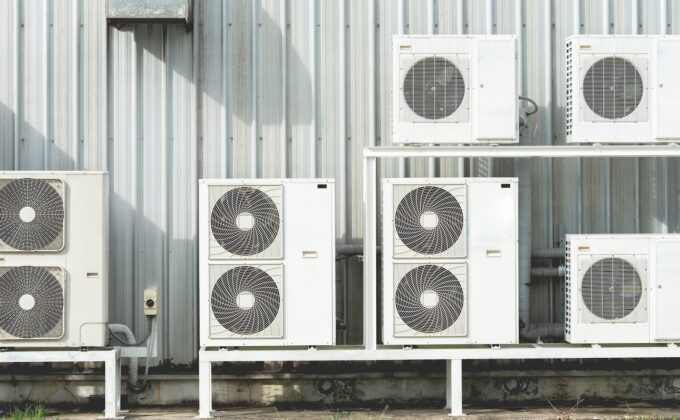
Blog
Incisive commentary from RAP experts
RAP experts keep their finger on the pulse of the energy sector and provide timely analysis of topics impacting stakeholders TODAY.
Filter >>
Content Filter:
March 17, 2023
Let’s make clean heating a reality for low-income households
The cost of heating leaves many European households feeling burnt. Three-quarters of our heat is still supplied by expensive fossil fuels, and heating homes is Europe’s biggest gas user, which creates a twin dilemma: How do we clean up heat,… View Summary +

March 15, 2023
Building for the future: How can cities prepare for transportation electrification?
- Julia Hildermeier ,
- Marion Pignel ,
- Thomas Lymes
For cities, the fast growth of electric vehicles (EVs) is a challenge and an opportunity. In the process of becoming cleaner and smarter, cities face a two-fold challenge: First, they are promoting a shift towards more sustainable modes of transport… View Summary +
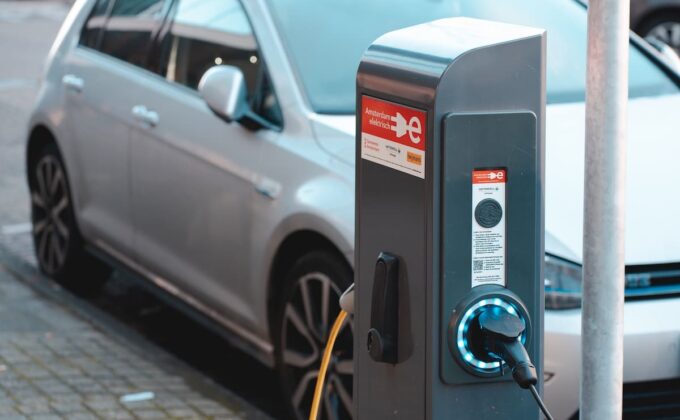
February 27, 2023
To Serve Everyone, IRA’s Climate Grants Need Inclusive Participation
As expansive and even overwhelming as the Inflation Reduction Act (IRA) seems to be, it is important to remember that the IRA authorizes a number of different programs that will benefit states — programs, for example, that may… View Summary +

February 23, 2023
Staying the course: Keeping the key role of the energy savings obligation in focus as negotiations reach their endgame
As we move towards the endgame in the Energy Efficiency Directive (EED) revision, what should negotiators be considering as they recraft the key energy saving provisions — the energy savings obligation? The right level of ambition … As part… View Summary +
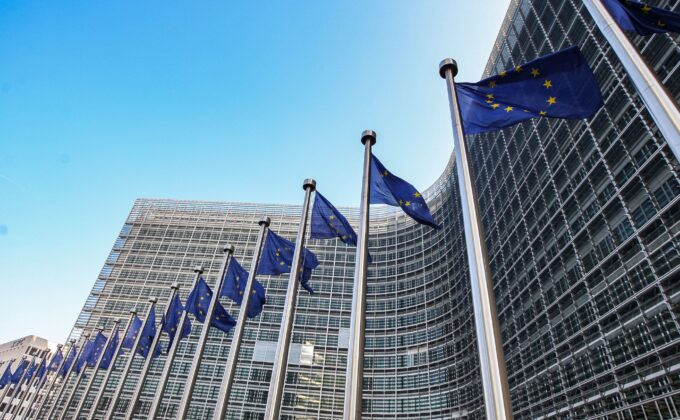
February 23, 2023
How to solve the UK’s heat pump problem
With fossil fuel prices skyrocketing, emissions from homes in the UK stubbornly high and the price of clean electricity from renewables tumbling, it’s clear that we are not taking the right approach to heating our buildings. Heating, which is dominated… View Summary +

February 9, 2023
How to prepare our grids for electric trucks
In mid-February, the EU Commission is due to publish a law proposal essential to the energy transition, the next CO2 standards for heavy-duty vehicles (HDVs). The proposal is expected to accelerate the emissions reduction of… View Summary +
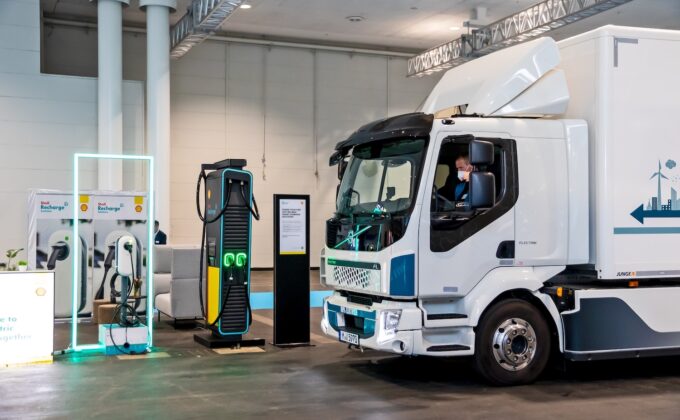
February 9, 2023
让热泵“热”起来
- Pengfei Xie
热泵作为节能、高效的可再生能源利用技术设备,正逐渐为决策者和民众所认知。在“双碳”目标及能源危机的背景下,热泵的作用进一步凸显。但要激发其巨大的市场潜力,仍需更多配套政策支持。 2022年9月,睿博能源智库(RAP)专家与合作伙伴在《自然》杂志能源子刊发表“全球热泵市场升温”(“Heating up… View Summary +
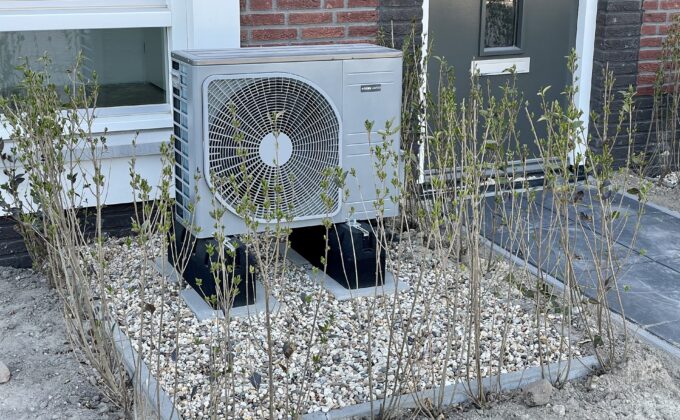
February 7, 2023
‘Hydrogen-ready’ boilers – a lifeline for fossil fuel heating in Europe
The heating industry is in turmoil. The need to decarbonise energy demand as well as the gas crisis caused by the war in Ukraine have led to governments around Europe setting phase-out dates for the installation of fossil fuel heating… View Summary +
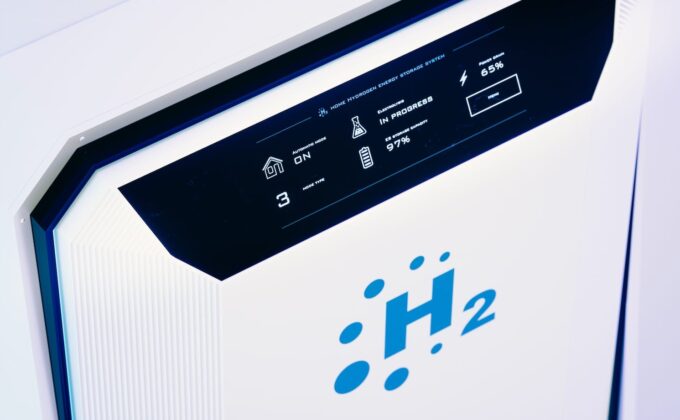
December 6, 2022
基于常规评估的分时电价动态调整思路
中国的可再生能源增长势头不减,为达成双碳目标打下了良好的基础。随着可再生能源在能源结构中占比越来越高,如何在保障供电稳定性和系统安全的前提下,调整当前电力系统,深化市场改革,实现可再生能源带来的环境及经济效益的最大化,成为了一个亟待解决的挑战。 View Summary +
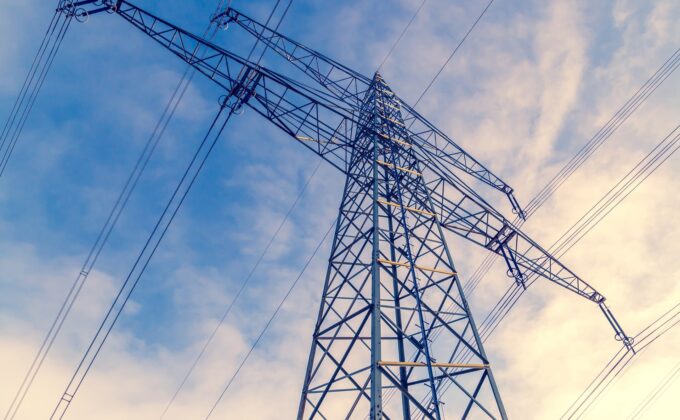
November 29, 2022
Hybrid Heat: the Cool Path to Home Heating
The opportunity: If the over 50 million US homes that have central air conditioning and a separate heating system just replaced their AC with a look-alike and more efficient “two-way” heat pump unit, those households could not only cool over… View Summary +
